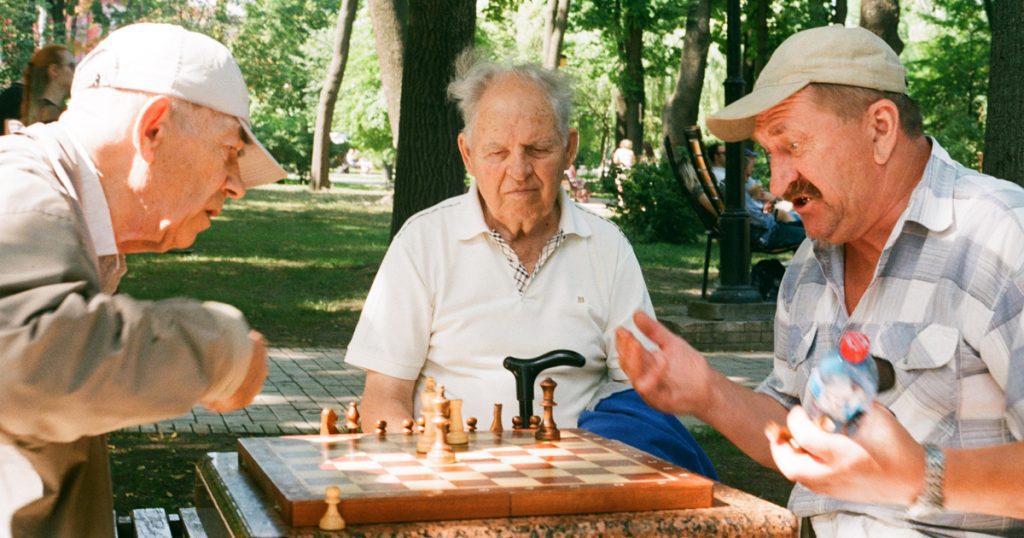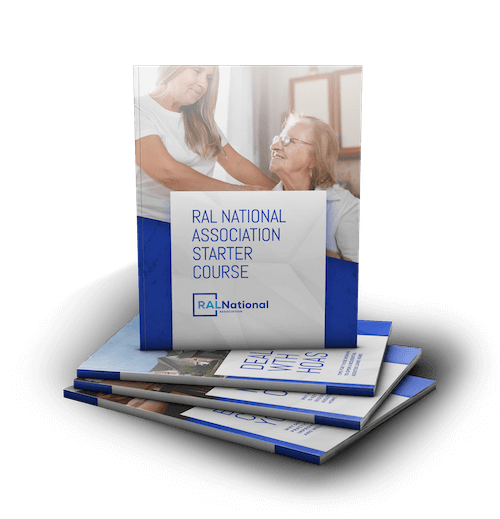Humanity has been searching for the fountain of youth for millennia; perhaps it’s been at our disposal since then, the beginning of creation.
What is the possibility of keeping the brain young by learning new things?
“Older people can ward off memory loss and confusion by soaking up information like a sponge – as a child would,” said Dr. Rachel Wu, assistant professor of psychology.
Studies have suggested learning a new skill, exercising regularly, playing brain training games, and changing diet can improve the mind and body. These changes are significant for people over the age of 60, useful for residential assisted living homes.
Teaching seniors how to navigate the use of their smartphones, tablets, and computers helps them learn.
Learning keeps you vital, and it is a critical factor in healthy aging for seniors.
If you choose to take a lesson to learn any new skill or how to use your phone, you can train your brain to feel 30 years younger. That can happen in as little as one month and a half, according to some studies.
Seniors who are 80 and above show an increase in their cognitive capabilities when learning new lessons.
These are traits of people who have truly discovered the fountain of youth.
Learning multiple skills at the same time can shield against Alzheimer’s disease, according to scientists. Assisted living caregivers can heighten the mental superpower of seniors with the use of the following:
- iPads
- Photography
- Reading and writing books
- Learning music
- Painting
These are all skills that can be a lifestyle transformation.
NURTURING THE MIND, BODY, AND SOUL
“Eat, Pray, Love,” is a film about stepping out of your comfort zone and changing your life by starting a new journey.
Although your life is not a movie, the context is still the same.
Perhaps you have stopped working, maybe you retired, or the kids and grandchildren rarely come around, and you are looking for things to do – exercise is a great idea.
Residential Assisted Living National Association educates owners and operators on ways to improve their resident’s mental and physical wellbeing.
Exercising is an essential ingredient for feeling years younger.
There is currently no cure for dementia, but the connection between exercising and a healthy brain averts and avoids erosion of the brain and cognitive deterioration.
Mental exercises for the mind can include:
- Arts & Crafts
- Baking
- Checkers
- Chest
- Computer Games
- Cooking
- Meditation
- Memory Games
- Puzzles
Physical exercises for the body can include:
- Aerobics
- Biking
- Running
- Swimming
- Tai chi
- Yoga
- Zumba
As for the soul, a social connection is also a critical and crucial element.
LEARNING NEW THINGS CAN AVERT ALZHEIMER’S DISEASE
Alzheimer’s is a progressive disease. A deteriorating brain disease that causes nerve cells to die, memory loss, causes the thinking ability to weaken.
Studies show that more than 5 million people suffer from the condition in the United States.
Early and long-term symptoms include:
- Short-term memory loss
- Confusion
- Behavioral changes
- Moodiness
- Severe memory loss (people, places, and things)
- Frustration of not making sense.
- Anxiety and Aggressive behavior
- Problems with walking and eating.
- The need for 24-hour care
Learn to stay forever young by learning new skills to improve their cognitive function and ward off Alzheimer’s and dementia.
Being in an environment where you have the motivation and encouragement to seek out and learn new skills is beneficial, supportive, and valuable.
Mentally stimulating hobbies are thought to help our brains to be more resilient.
According to Dr. Rosa Sancho, of Alzheimer’s Research UK, there are ways to prevent these devastating neurological conditions.
LEARNING WHAT’S BEST FOR QUALITY SENIOR CARE
The Residential Assisted Living National Association is the leading voice in residential assisted living and provides free resources like legal support, discount purchasing power, and ongoing blog content for owners, operators and caregivers.
Visit www.RALNA.com to learn more about ways you can provide the best quality senior care in your residential assisted living home.











